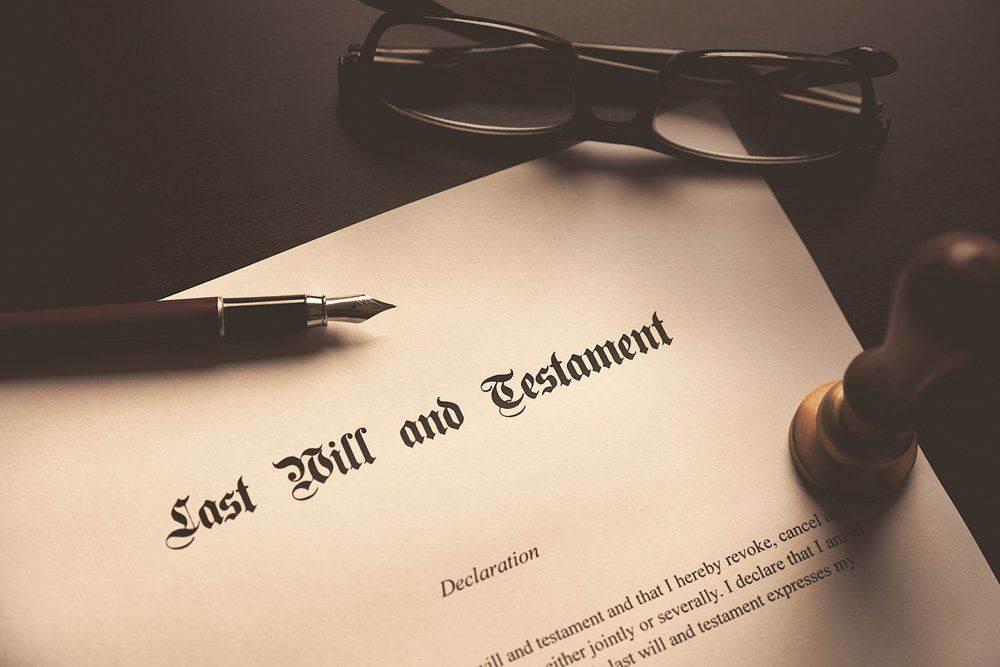Giving Your Estate to Charity? Why Estate Planning Is Vital
- By Admin
- •
- 30 Jun, 2021
- •

1. Default Rules Favor Family
Anyone who dies intestate (without a will) or whose estate plans are not legally valid may see their estate distributed according to the rules of the probate court. In California, for instance, intestate succession rules mean your estate goes to your spouse, your children, and your grandchildren in a prescribed order. These rules do not take into account your personal relationships or oral wishes.
If you don't want your estate to follow this standard order, you must make separate arrangements to avoid it. And these arrangements must be legally binding.
2. You Should Consider Tax Consequences
When they think about charitable donations, most people think about giving cash. However, donations can be made in many different forms, some of which are more tax-advantageous than others.
For example, if you gift an organization appreciated assets such as stocks or real estate, the organization may get an even higher return than if you made a strict cash donation. And both you and your estate avoid capital gains taxes and benefit from a lower capital gains tax rate. But planning requires advance preparation since you need to direct the transaction and avoid doing other things with that asset.
3. Some Donations Need Advance Work
Do you want to gift a particular asset to a charity? While they will undoubtedly be glad to receive any donation, some gifts should be coordinated between you and the charity.
If you want to give your prized art collection to a local museum, for instance, you may first want to ensure the museum wants the pieces. Then, discuss how the donation might work - such as a straight donation versus a loan from a trust. And you may need to arrange for a bequest to care for its maintenance. All of this must be done in advance or you could leave the charity with an unexpected burden.
4. Family May Contest the Will
If family members will be intentionally left out of the estate, they are more likely to contest the will or other documents in probate court. This could squash your plans if those documents don't stand up to legal scrutiny. Will contests can claim anything from mental incapacity to improper execution or even vague wording. The only way for you to prevent this is with airtight estate planning in advance.
5. You Have the Chance to Do More
Your desire to give to charitable causes means you have a generous spirit and want to create a truly lasting legacy. But giving one-time cash or assets upon your passing may not be your best opportunity to do so. If you plan ahead, you can give in ways that provide more control, stretch out the length of donations, or even encourage the best in others.
A donor-advised fund, for instance, allows you to gift anonymously or to leave the fund to others to carry on after you. Or you might boost a small estate with the strategic use of life insurance policies. You could even leave funds to individuals with stipulations that encourage them to do positive things like graduate from college or stay out of legal trouble.
Where to Learn More
Estate planning is always important, but it's vital on many levels for those who want to leave a charitable legacy. Want to know more about gifting your particular estate? California residents should start by consulting with the Law Office of Carla D. Allen. We will work with you to ensure your wishes are adhered to and your gifts are maximized after you're gone.
Irresponsible estate planning could increase strife in your family. If you are concerned about potential disputes, use these tips to minimize the risks.








